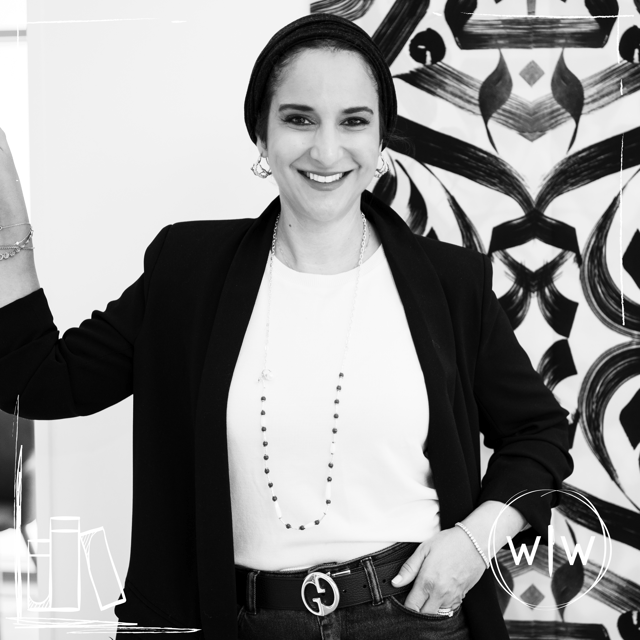

Certified eye doctor turned children's author, Yasmin El-Rouby joins us this week to talk about the Misty Mole series, her children's picture books that focus on helping educate and identify ocular complications from an early age.
💖 Join the Patreon 🙏
Support the show and get access to the extended cuts early and ad-free!
📚 The Chosen Ones and Other Tropes 🥳
Jamie, Melissa and Noami talk about all things writing, tropes and publishing!
✍️ WriteMentor 🧑🏫
Get a whole month with WriteMentor's Hub for free using the coupon code 'Write&Wrong'.
🎙️ Zencastr 🎬
Click on this referral link to get 30% off your first three months with Zencastr.

Certified eye doctor turned children's author, Yasmin El-Rouby joins us this week to talk about the Misty Mole series, her children's picture books that focus on helping educate and identify ocular complications from an early age.
💖 Join the Patreon 🙏
Support the show and get access to the extended cuts early and ad-free!
📚 The Chosen Ones and Other Tropes 🥳
Jamie, Melissa and Noami talk about all things writing, tropes and publishing!
✍️ WriteMentor 🧑🏫
Get a whole month with WriteMentor's Hub for free using the coupon code 'Write&Wrong'.
🎙️ Zencastr 🎬
Click on this referral link to get 30% off your first three months with Zencastr.




















